Description
pages total: 51
PRESENTMENTS
This is private expression of personal perspective and is neither public disclosure nor a public offering. The material set forth herewith is for educational purposes only. Nothing stated herein is intended as constituting legal advice and is not provided with any warrantees, express or implied. The content set for herein constitute the opinions and understanding of the author. Accountability for the actions of anyone who utilizes any material set forth herein, in part or in whole, resides entirely with the user and are neither the actions nor responsibility of the author.
Acknowledgment. This work is the product of the dedication, intelligence, and above all courage/risk, of many people. Some have paid, are paying, and are threatened with paying, with their property, freedom, and their very lives. It now appears that the numbers of such casualties in the cause of truth, freedom, justice, and peace are rapidly increasing. This work is dedicated to all those who share these values, in whatever way they perceive and think of them. Note: This article, such as every treatise of this type, must be regarded as “work in progress” that is subject to change without notice at any instant based upon the acquisition of new knowledge, information, insights, and experience.
Dealing With Presentments
Part I—Background, Context, and Underpinnings
Whenever you receive a presentment of any kind, from a traffic ticket to a bill to a summons or indictment, there are two basic and diametrically opposite ways to think about the matter. I.e., you can think of receiving a presentment as an event that:
1. Will cost you, be a loss to you;
2. Is a gift that can enrich you.
Everything in life is a matter of perception. Our challenges are usually the result of ignoring what we are confronted with rather than endeavoring to discern how best to act with more adequate knowledge and understanding. We assume rather than know. Consequently, if we would have any chance of succeeding vis-à-vis a presentment, we must first have some basic understanding of the system within which the issuance, interpretation, and enforcement of presentments occur. The following mini-analysis of the legal system may be helpful in this regard.
In The I Ching is a remarkable statement: “The Superior Man goes only into his own domain.” As Frederic Bastiat said in a similar vein, “Minding one’s own business is the only moral law.” The conundrum, of course, is how to live in peace and freedom in a world in which we are besieged by exercises of the interminable, relentless, longstanding, and incredibly brilliant schemes of rulership, slavery, and exploitation that have plagued mankind throughout history and that aggressively intrude themselves unilaterally into all areas of our lives—spiritual, emotional, mental, social, and economic. This renders living in a “live-and-let-live” manner on this planet difficult, and impossible without sufficient knowledge.
The fact that law consists of rules revolving around the use of deadly force is a powerful incentive to become as clear as possible concerning the nature of the legal/commercial system governing the world. We must remember that “To ‘assume’ makes an ‘ass’ out of ‘u’ and ‘me.’” In the case of law, acting on false knowledge, i.e., in ignorance, can be fatal. This is enormously complicated by the fact that the legal system is “colorable,” i.e., “phony.” It may appear real, but nothing is as it appears, just as in Alice in Wonderland.1 To assume that the appearance is genuine and dependable is to act on illusion instead of truth.
One cannot have peace with those who hold aggression in their hearts and are not interested in love, freedom, harmony, truth, or any of the other higher values of man that most people revere and would cherish seeing established in the community of man.
1 Alice in Wonderland was written as a satire on the legal system, where things are an ever-changing mirage and nothing is as it appears.
The state of the heart is what counts in this equation. “As a man thinketh in his heart, so is he.”
Good people are disarmed in advance by an inability to comprehend the mentality of deliberate
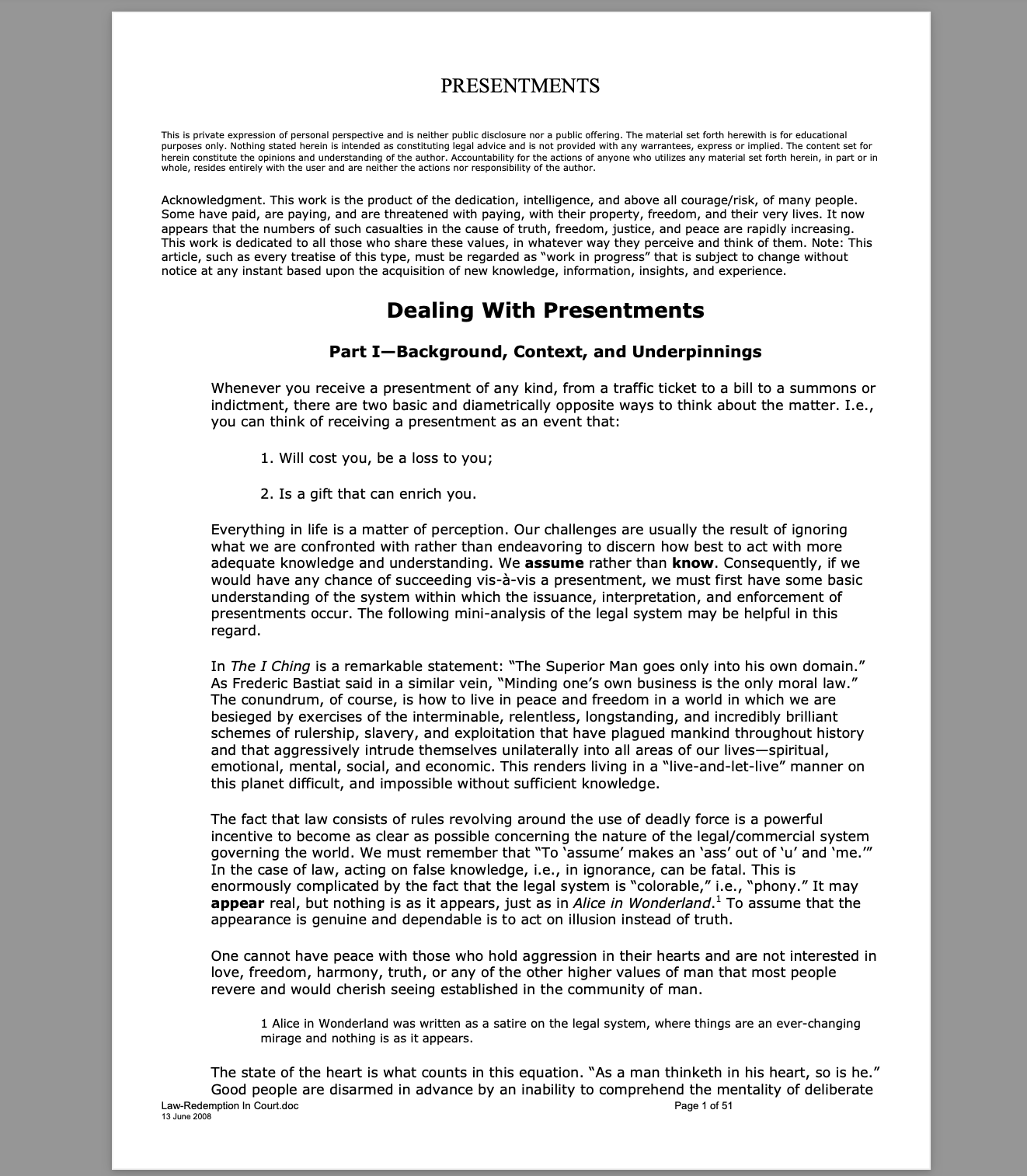
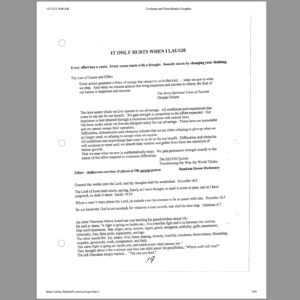
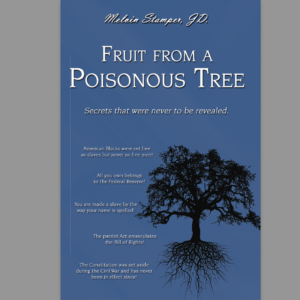
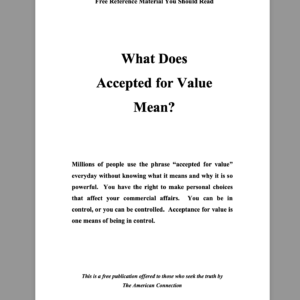
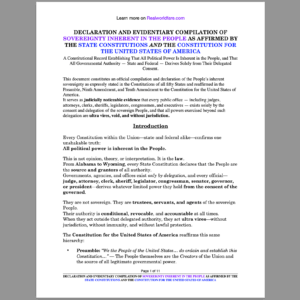
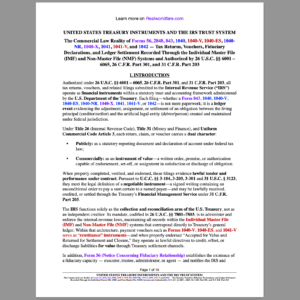




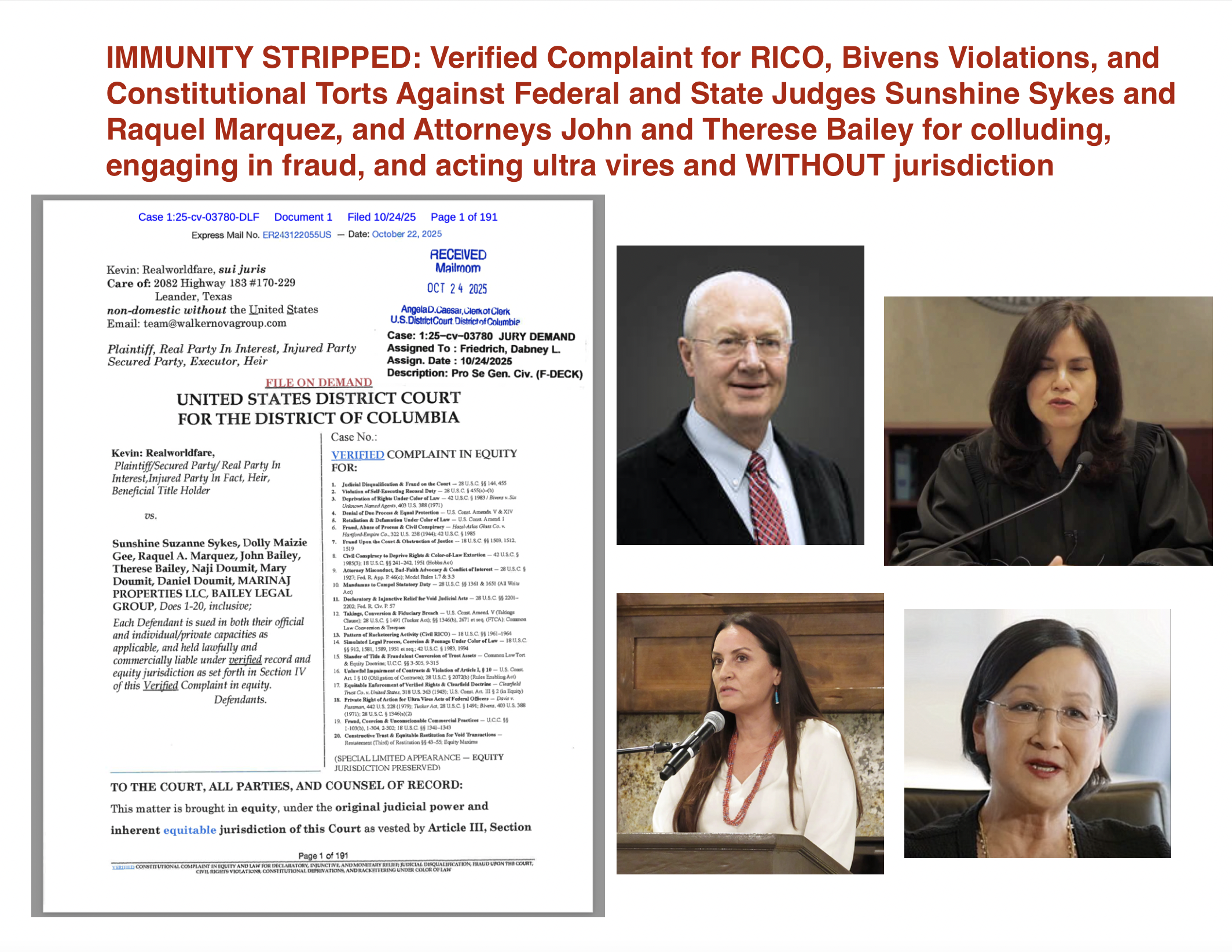
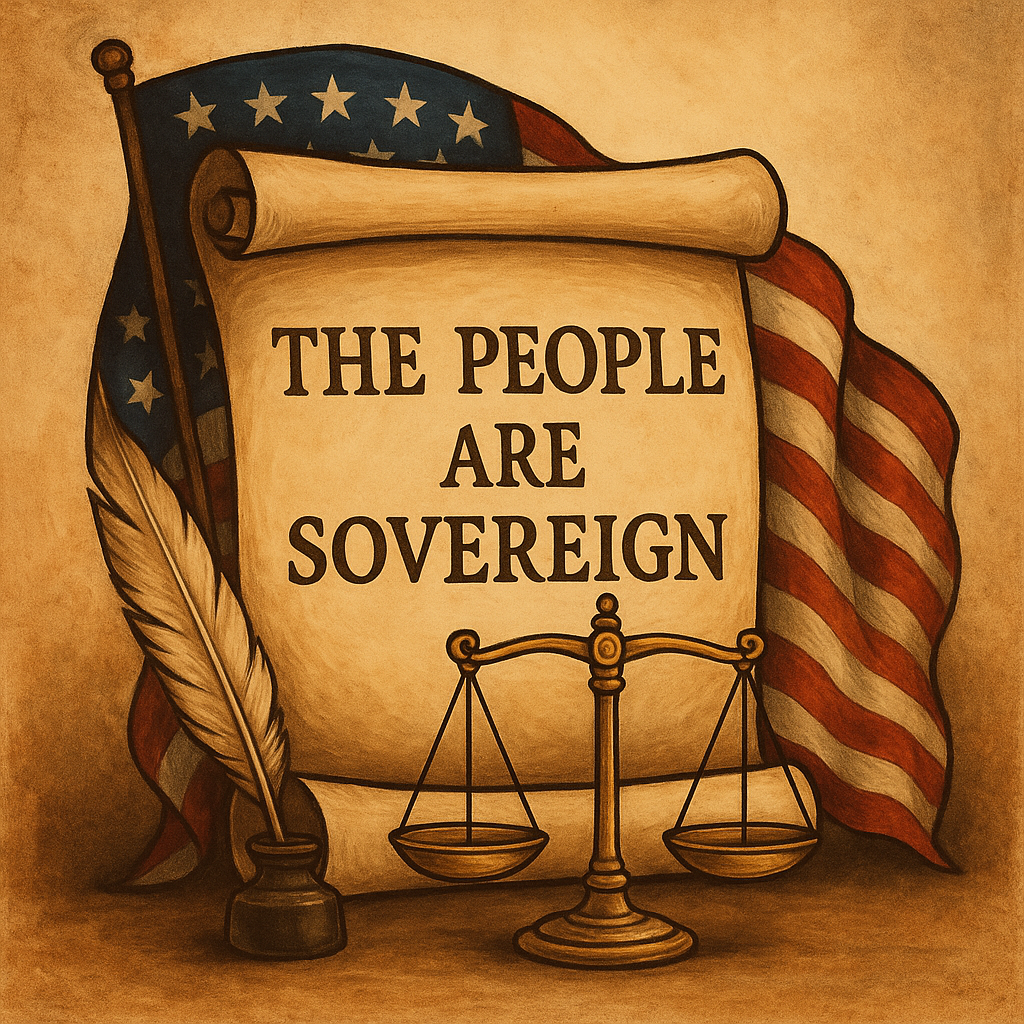
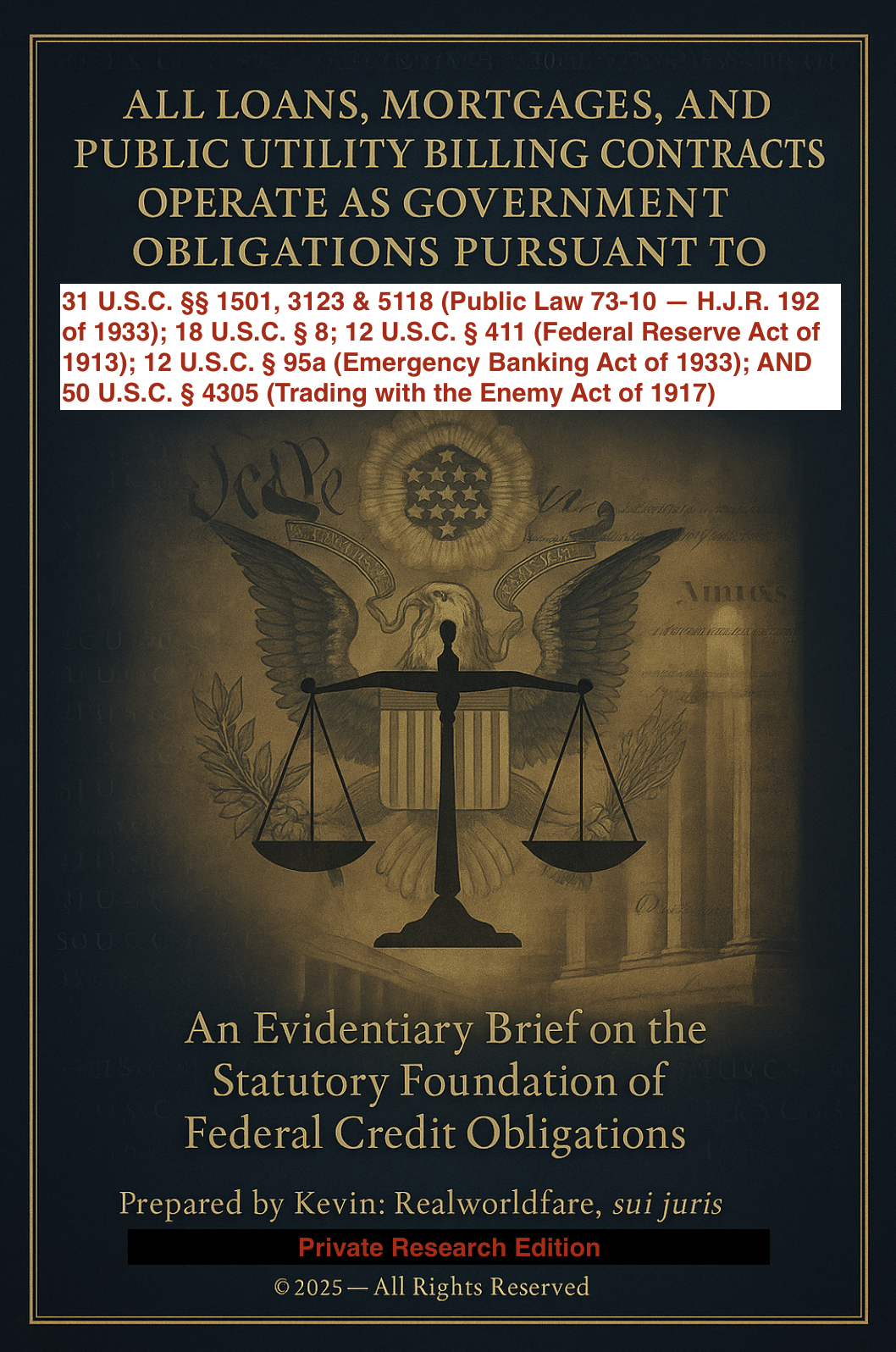
Reviews
There are no reviews yet.